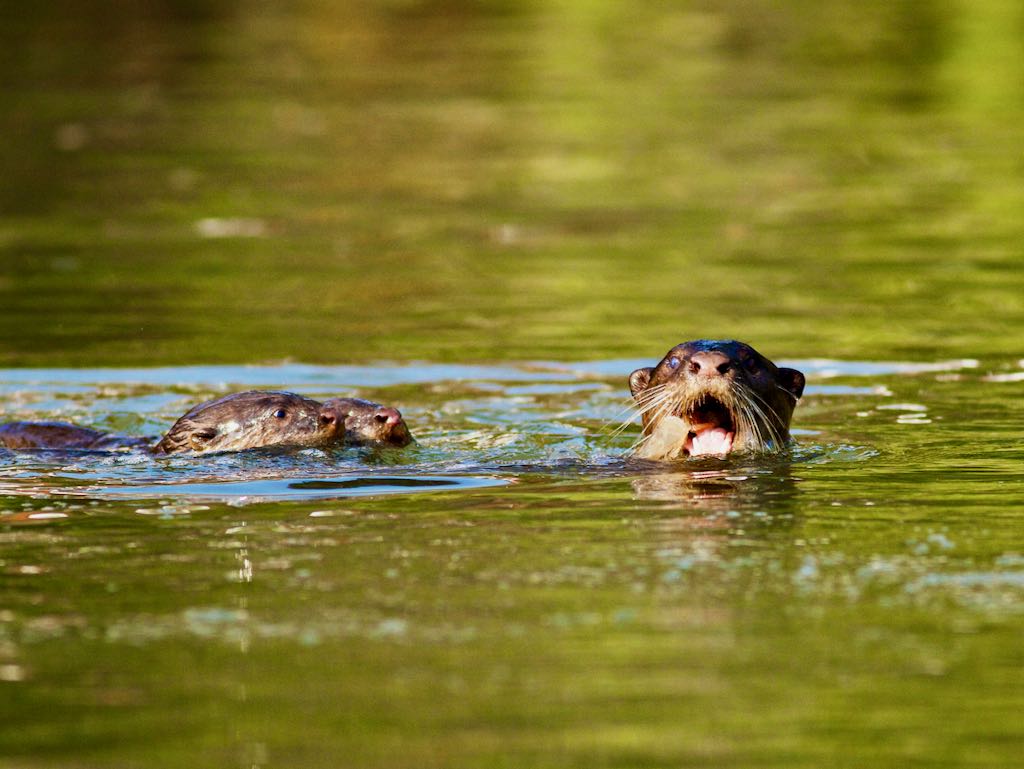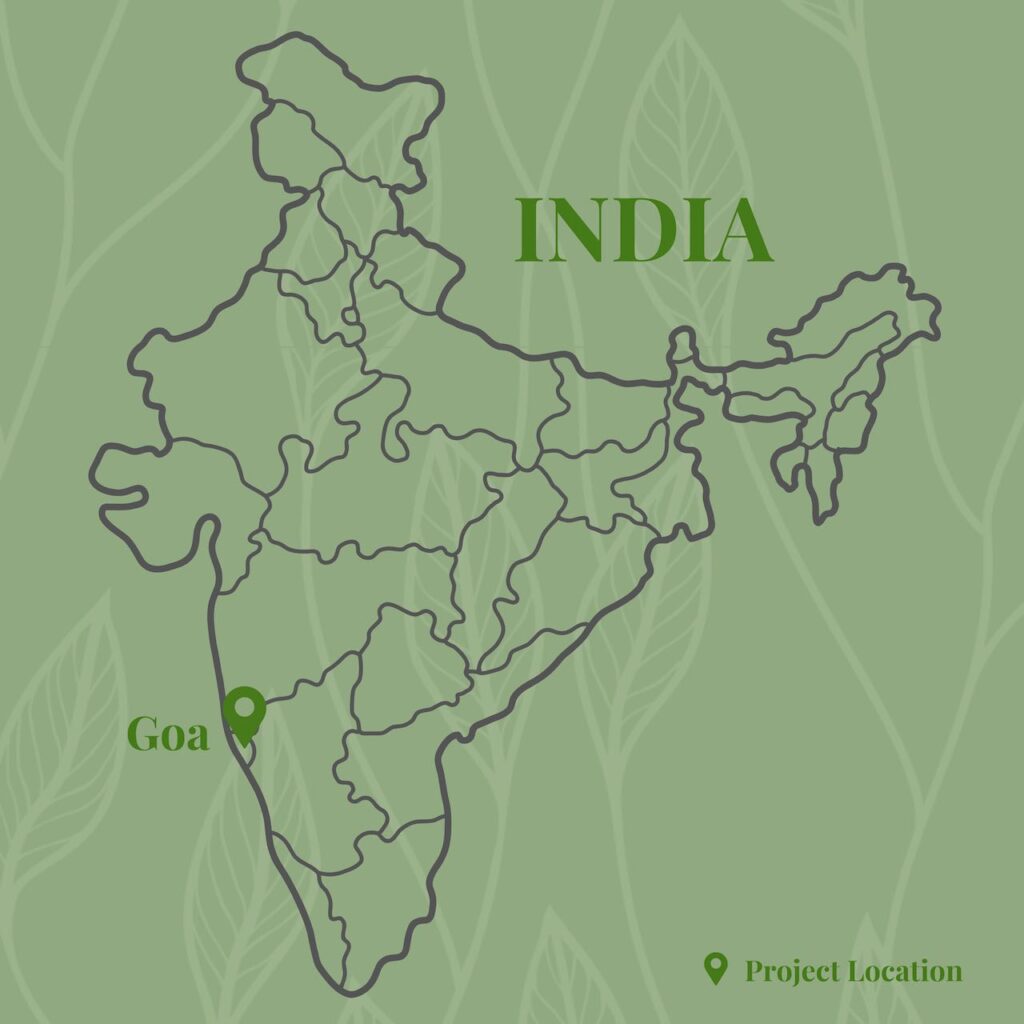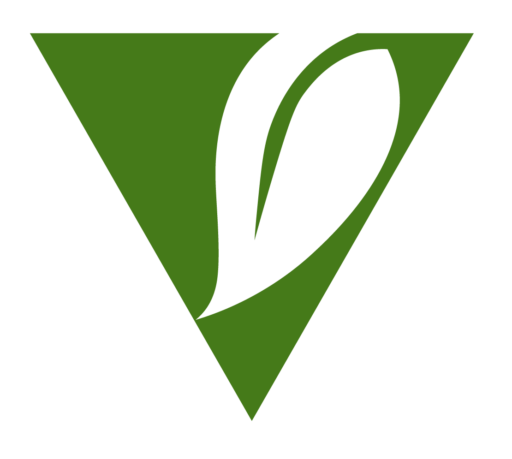
The Otter Project
Ensuring harmony & driving otter conservation forward
Otters play a crucial ecological role in maintaining healthy riverine systems. Globally, there are 13 species of otters. In India, three species can be found: the Eurasian Otter (Lutra lutra), the Smooth-coated Otter (Lutrogale perspicillata), and the Asian Small-clawed Otter (Aonyx cinereus).
India is home to a wealth of wildlife, yet surprisingly, less than 7% of its land is officially protected for these animals. Coexistence is the way forward. To ensure a harmonious balance and minimize conflicts, we must adapt and share our spaces with these creatures. The future of wildlife conservation hinges on our ability to peacefully cohabit with our fellow inhabitants of this planet. It’s not solely about protected and non-protected land; even specialized ecosystems often fall outside the purview of protected areas. A prime example is the mangrove ecosystem.
Otters, being river-dependent species, have a distribution that extends beyond protected areas. In fact, most otter populations in India are likely found outside these areas. Consequently, these populations are particularly vulnerable to habitat modifications and human activities. Ensuring their survival requires a comprehensive approach to conservation that encompasses both protected and non-protected regions.
Smooth-coated Otters
The Smooth-coated Otter (Lutrogale perspicillata) is a remarkable species known for its sleek, smooth fur, which is adapted to its semi-aquatic lifestyle. Found across South and Southeast Asia, this otter thrives in a variety of freshwater habitats, including rivers, lakes, and wetlands. In India, they are often seen in large, social groups, exhibiting playful behavior and strong family bonds. Smooth-coated Otters are skilled hunters, primarily feeding on fish, but they also consume crustaceans, insects, and small mammals. Despite their adaptability, these otters face significant threats from habitat destruction, water pollution, and human-wildlife conflicts. Conservation efforts are crucial to protect their populations, emphasizing the need for habitat restoration and sustainable practices that allow humans and otters to coexist harmoniously.
The coastal highlight!
Although Smooth-coated Otters are primarily known as river dwellers, significant populations have been recorded in estuarine waters along various parts of India’s coast over the last few decades. These clever creatures have adapted to thrive in the brackish waters of mangroves, demonstrating their remarkable resilience. Within this nurturing ecosystem, otters find sustenance, shelter, and safety. Globally, very little is known about coastal populations of Smooth-coated Otters. Through dedicated research projects, we aim to provide deeper insights into the lives of these scarcely studied otter populations, shedding light on their behavior, ecology, and the unique challenges they face in coastal environments.

Asian Small-clawed Otters
The Asian Small-clawed Otter (Aonyx cinereus) is the smallest otter species and is distinguished by its partially webbed feet and dexterous fingers. These otters primarily inhabit freshwater rivers and wetlands, rivers in the northeastern and southwestern regions of India. They are highly social animals, living in family groups and exhibiting complex behaviors such as coordinated hunting and vocal communication. Their diet mainly consists of crustaceans, mollusks, and small fish, which they skillfully catch using their nimble paws. Despite their adaptability, Asian Small-clawed otters face significant threats from habitat destruction, water pollution, and poaching. Conservation efforts are crucial to protect their populations, involving habitat restoration and community engagement to ensure their survival and the health of the ecosystems they inhabit.

Research, Conservation Needs, and Livelihood Support
Our current work is dedicated to understanding the conservation needs of otters, especially those living outside protected boundaries. By employing a science-driven approach, we seek to gain deeper insights into how otters adapt to surviving in spaces shared with humans. Concurrently, we actively engage with local communities, creating a safe space for open dialogue and understanding. Our aim is to empower these communities with the tools and knowledge needed to safeguard their ecosystems while enhancing their quality of life. Through these efforts, we strive to foster a harmonious coexistence between humans and otters, ensuring the preservation of these remarkable creatures and the habitats they depend on.

Awareness
Otters are undeniably charming animals, yet many people are unaware of their existence in India. Being equally comfortable on land and in water, they are the only semi-aquatic mammals in the country. Despite their unique adaptations and ecological importance, otters remain relatively unknown. Building awareness about otters is crucial to garner the necessary conservation support to aid their survival. To achieve this, we engage in a range of activities, including awareness sessions, campaigns, products, and fundraising initiatives. By highlighting the significance of these remarkable creatures and their habitats, we aim to inspire a collective effort to protect and conserve otters in India.

Project Location
Vanasa Conservation Foundation is dedicated to working on otter species across India. Our current project is running in the beautiful state of Goa. As our work expands, we aim to extend our conservation efforts across the entire country.
If you have otters in your area and want us to come take a look to strike up a research or conservation project, we’d love to hear from you! Reach out to us at info@vanasa.org, and let’s work together to protect these delightful creatures.

How can you contribute?
If you would like to support conservation and awareness of otters, kindly help us with your generous donations. Even the smallest of charity can make a difference!
